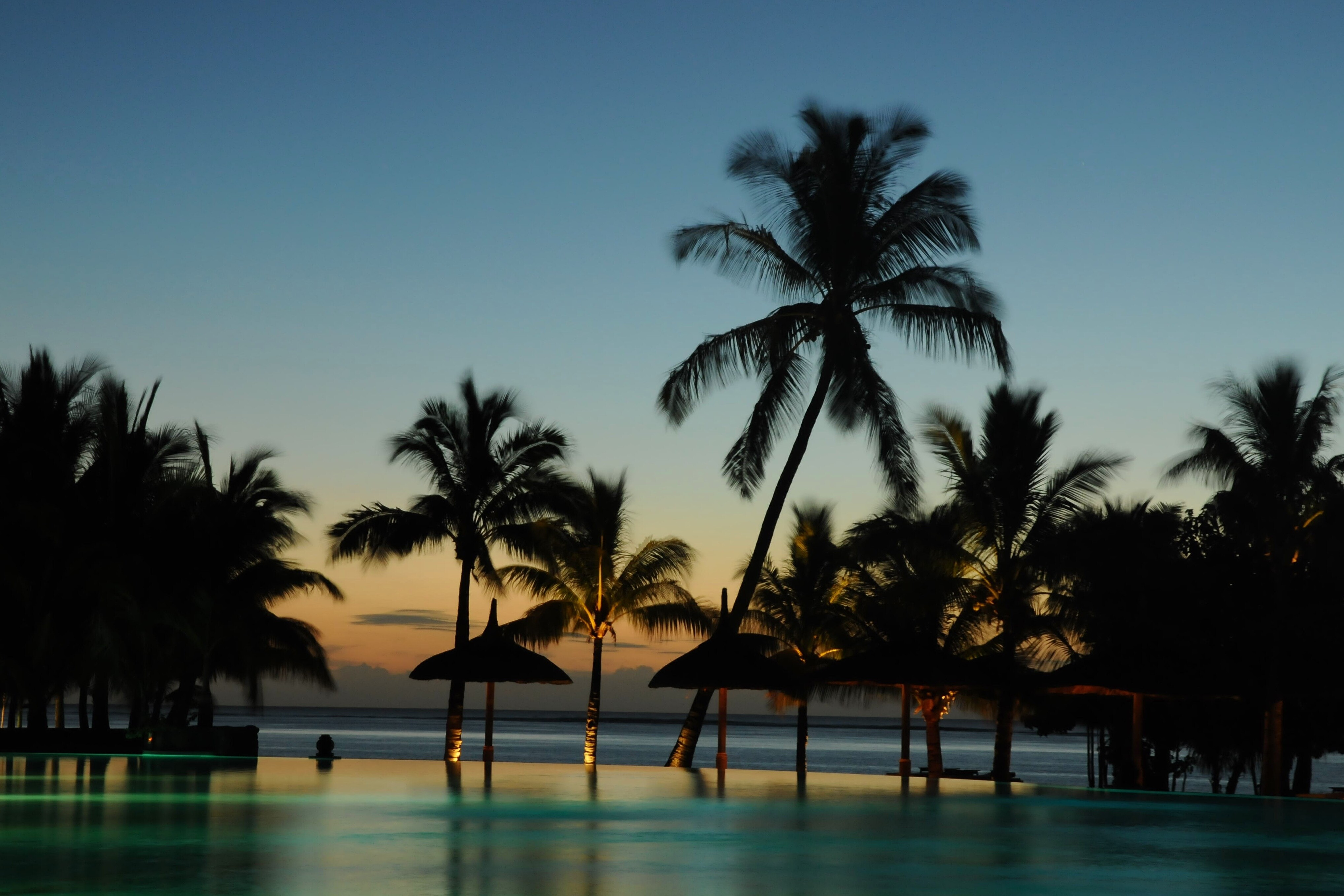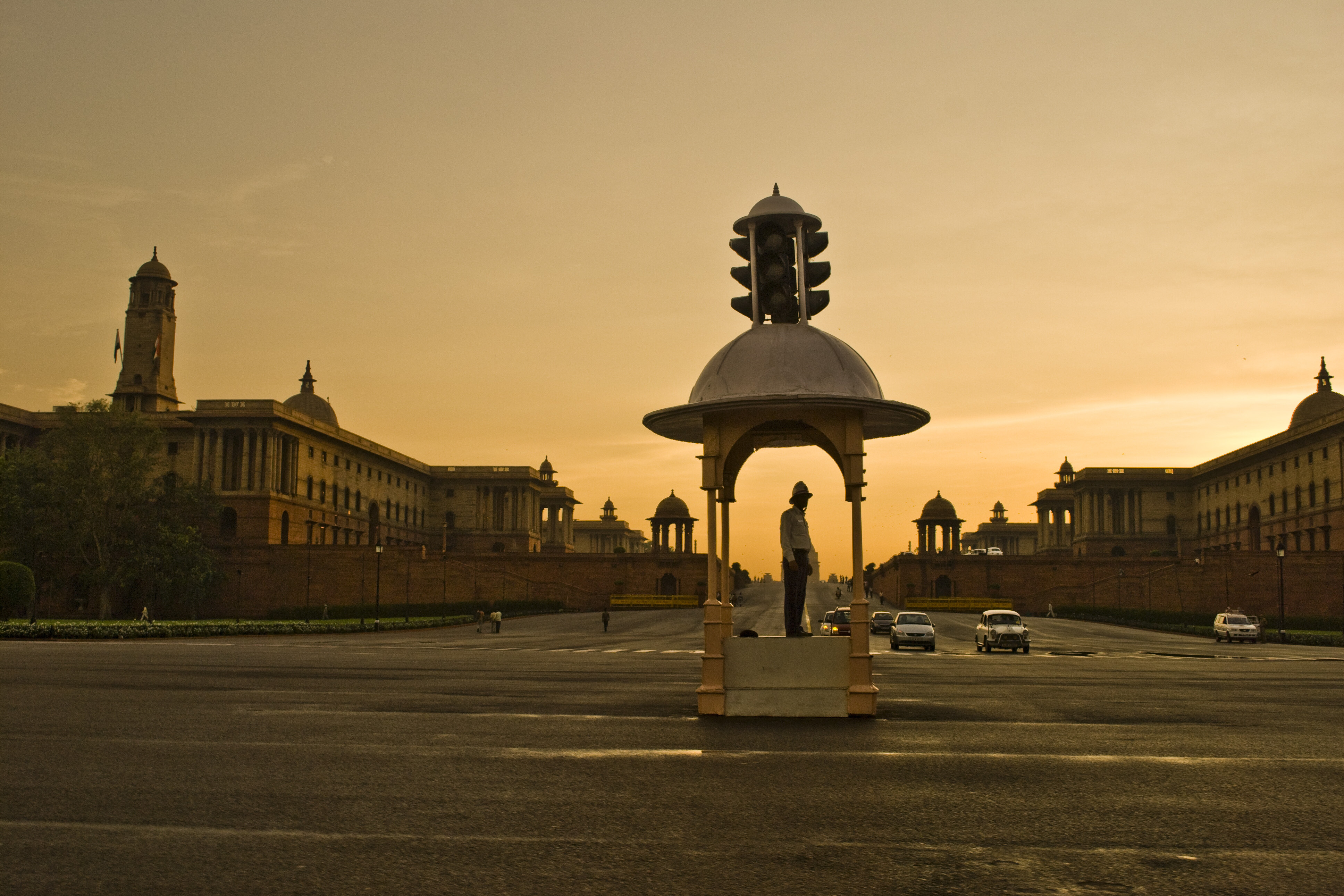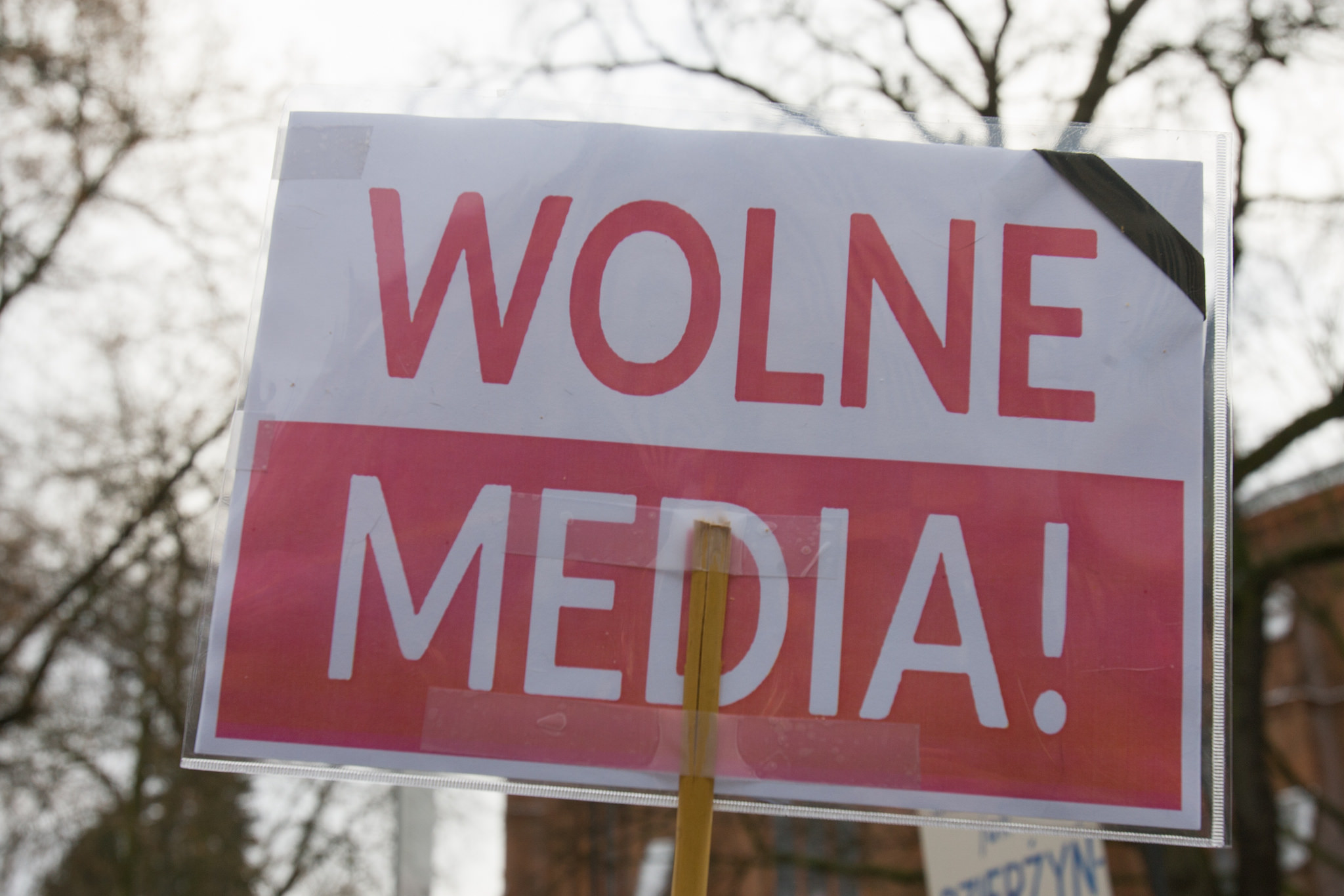The Public Media Alliance is deeply concerned about freedom of the press and media independence in the Maldives after a sustained period of government pressure upon critical news outlets.
The latest victim is Channel News Maldives (CNM), whose forced closure on 24 June came after the site accused the First Lady of corruption. The move has been widely condemned by media freedom watchdogs and local journalists as a step back towards authoritarianism.
According to Reporters without Borders (RSF), CNM’s owner initially described the closure as being the result of economic difficulties. However, the website’s Editor, Ismail Rasheed, released a statement on the 25 June blaming government interference following failed attempts “to take over the company and transfer it into a pro-government new website”.
The closure comes amidst reports of a growing government “assault” on critical media outlets in the archipelago, which has been blamed for the closure of two other media outlets in the last six months.
Earlier this year the Communications Authority of the Maldives ordered the blocking of the independent news website Addu Live and 16 journalists were arrested for protesting threats to media freedom outside the president’s office in Malé, as reported by RSF.
In August 2015, a decision by the Maldives’ High Court split the ownership of Haveeru, one the country’s oldest and most reputable newspapers, leading it to cease operations. More recently, a much derided ban has been placed on former Haveeru journalists from working for Mihaaru newspaper – opened in the wake of Haveeru’s closure – and any other media organisation for two years.
On Monday, Mihaaru staff called the court’s decision a violation of their human rights and “an act of aggression by the state against independent and free media”, according to the Associated Press.
In a statement following the verdict, Mihaaru said: “[the court] has once again overlooked the rights as well as the plight of more than 50 employees and their families,” stating that the decision “effectively shuts down the operations of Mihaaru, the only newspaper in circulation”.
Day 2 of defying unconstitutional court order; @Mihaarunews (ex-@haveeru) staff exercise their basic right to work! pic.twitter.com/heKoakdeu3
— Ali Naafiz (@naafix) July 5, 2016
The newspaper has so far defied the ban with support from the Maldives’ Attorney General Mohamed Ani on grounds that it is unconstitutional, according to the Maldives Independent.
Nonetheless, the press is facing an uphill struggle in a country that has only recently become a multiparty democracy. The Maldives was ranked 112 out of 180 in the RSF World Press Freedom Index 2015, a fall of 60 places since 2010.
By Kristian Porter
Related Posts
24th January 2017
Indian government to respond to criticism of radio news restrictions
After an investigation, India’s Supreme…
6th January 2017
The ongoing struggle for media freedom in Poland
It is just over a year since Poland’s…


